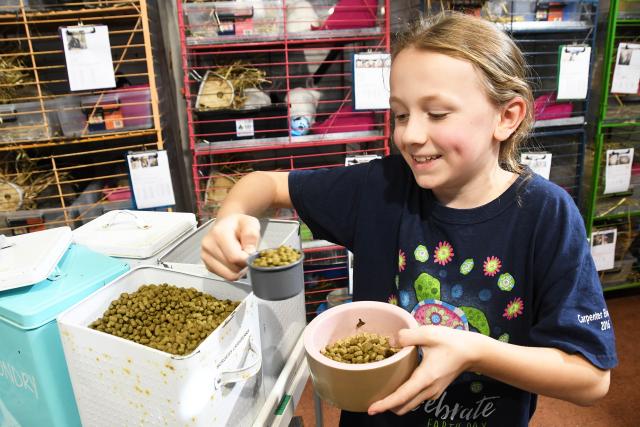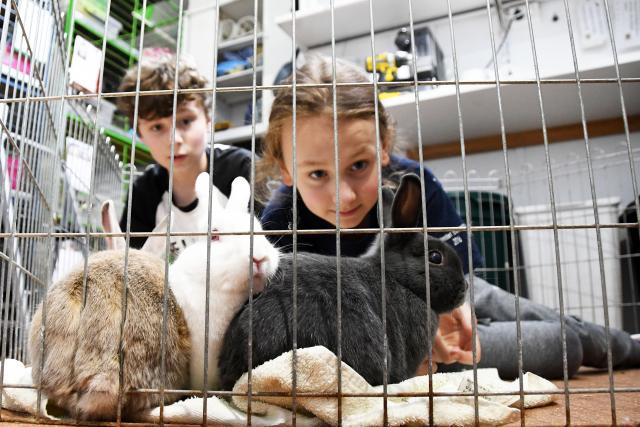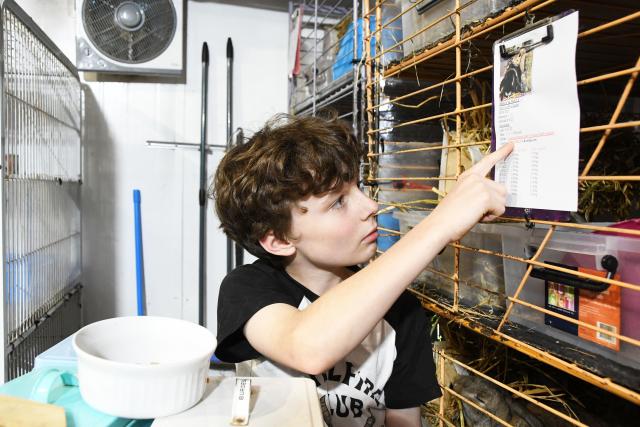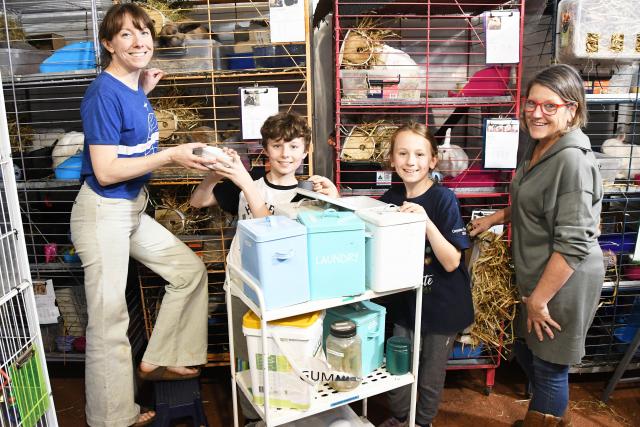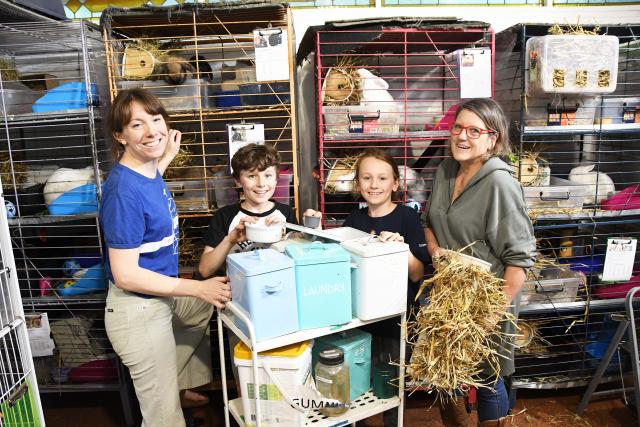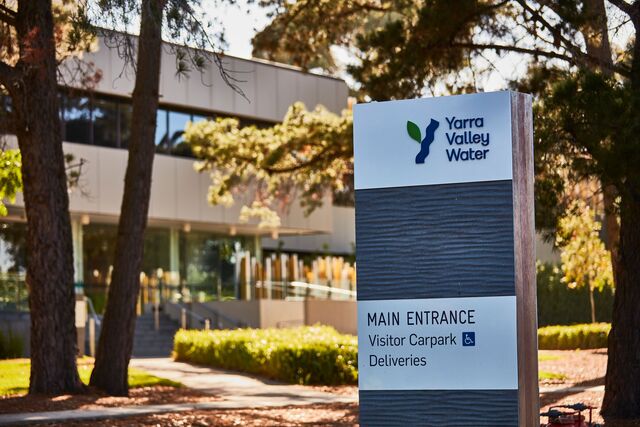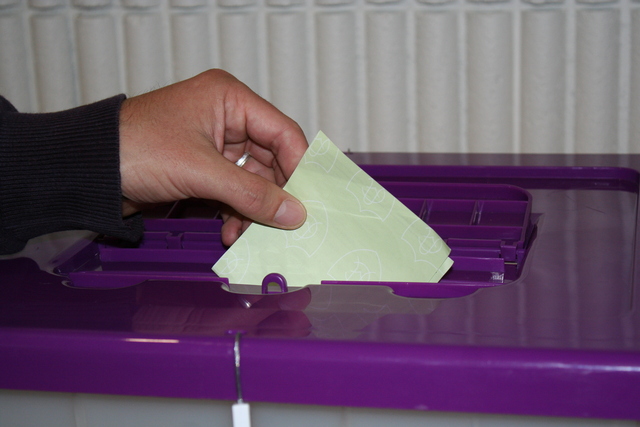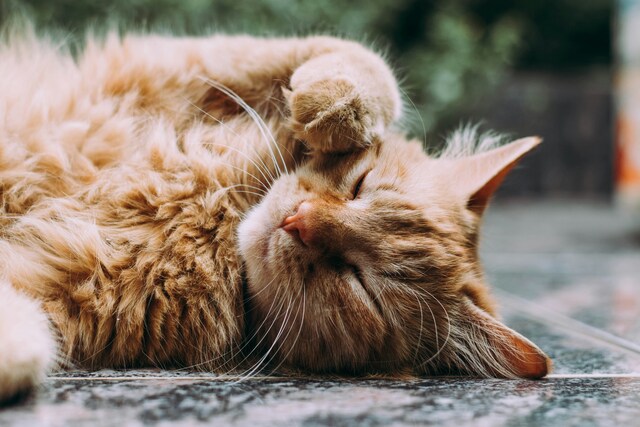A Cockatoo-based rabbit shelter has been overrun with surrendered bunnies, with its owner calling on a change to government laws to classify domestic rabbits as a companion animal.
Bluey & Alice bunny refuge operator Carolyn McInnes said she currently houses around 60 bunnies; with the demand on her service increasing.
“Cats and dogs are still a major issue, but there are some laws protecting them, but rabbits are classed as livestock, so there’s nothing to stop people constantly breeding,’ Ms McInnes said.
“When I started [in 2014], I got three that quickly turned into seven, and then by the Christmas we had about 12, and it’s just gone mad,” she said.
Ms McInnes said the pandemic also brought with it a surge in people purchasing rabbits as family pets, but not understanding how to look after them and then surrendering them to adoption shelters.
“Covid has produced such a nightmare for us. No one could get puppies and kittens, so they all went to the pet shops to get rabbits and the backyard breeders went berserk,” she said.
“It’s all about surrendering and dumping…the only people that are adopting are people who already have a rabbit and want another one or they’ve lost one and need to get a new partner.
“Adoptions are really down at the moment. We’re treading water.”
Belgrave local Monica Elith volunteers at the Bluey & Alice bunny refuge every Thursday with her three sons.
Ms Elith said there is not a lot of knowledge out there surrounding the type of pets rabbits are.
“They’re not just something you stick in a cage in the backyard,” she said.
“After Covid, we found that a lot of people had gotten lockdown pets and then weren’t able to actually commit to them in the long term when life went back to normal.”
Feral or wild rabbits are declared as established pest animals under the Catchment and Land Protection Act 1994 (CaLP Act), with domestic rabbits allowed to be kept as pets.
Ms McInnes said breeding rabbits and selling them through pet stores should be banned.
“I’m talking at the moment with Bunnings…they’re setting up their pet pet area and they’re asking me what they should be doing,” she said.
“I’ve been to one pet shop, told them what they should and shouldn’t be doing. I did a session with all their staff and all the staff said they feel so much more confident now.”
An Agriculture Victoria spokesperson said “the welfare of all rabbits, including pet, farmed and pest rabbits, is protected by the Prevention of Cruelty to Animals Act 1986 (POCTA Act) and will be covered under the new Animal Care and Protection Bill”.
“The Victorian Government takes animal welfare seriously. To make a specific complaint regarding welfare of farmed rabbits, please call Agriculture Victoria via the customer call centre on 136 186 or email aw.complaint@agriculture.vic.gov.au. To make a specific complaint regarding the welfare of pet rabbits, contact the Royal Society for the Prevention of Cruelty to Animals Victoria online at rspcavic.org/cruelty-report or by phoning 03 9224 2222,” the spokesperson said.
For now, Ms McInnes and her team of volunteers are taking care of the bunnies at the shelter and “desperately” working on find them new homes.
“They are most underrated pet on the planet. They are quiet. They are very much individuals, they can be super naughty, super gentle, super affectionate, very aloof,” she said.
The shelter is also in need of consistent volunteers to assist with roles from administration to rabbit feeding.
“The more people we can have and more diverse roles, the better.”
To enquire about a volunteering role, or to find out the best way to care for an adopted bunny, visit https://www.blueyalicebunnyrefuge.org.au/ for more information.

